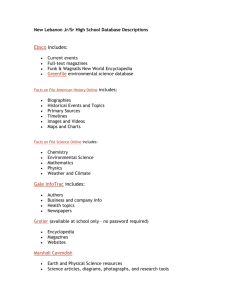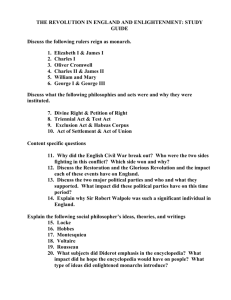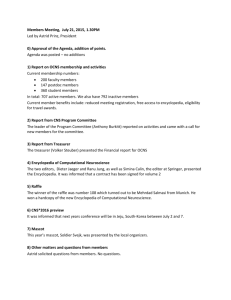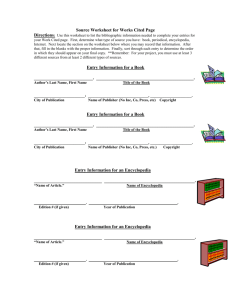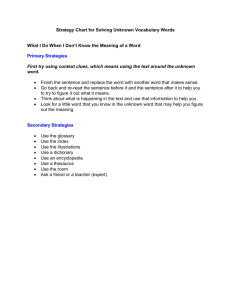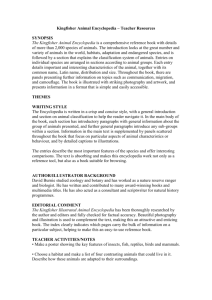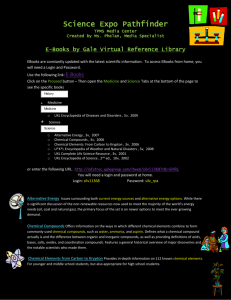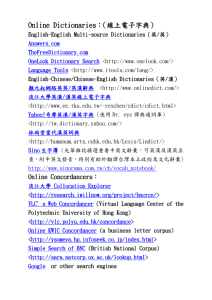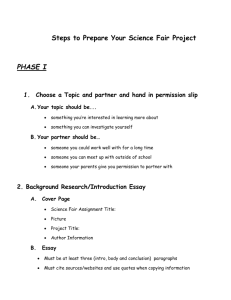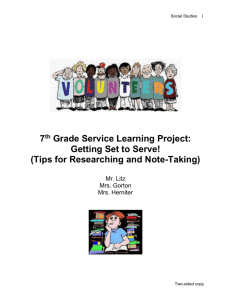Water Analysis - 2015
advertisement
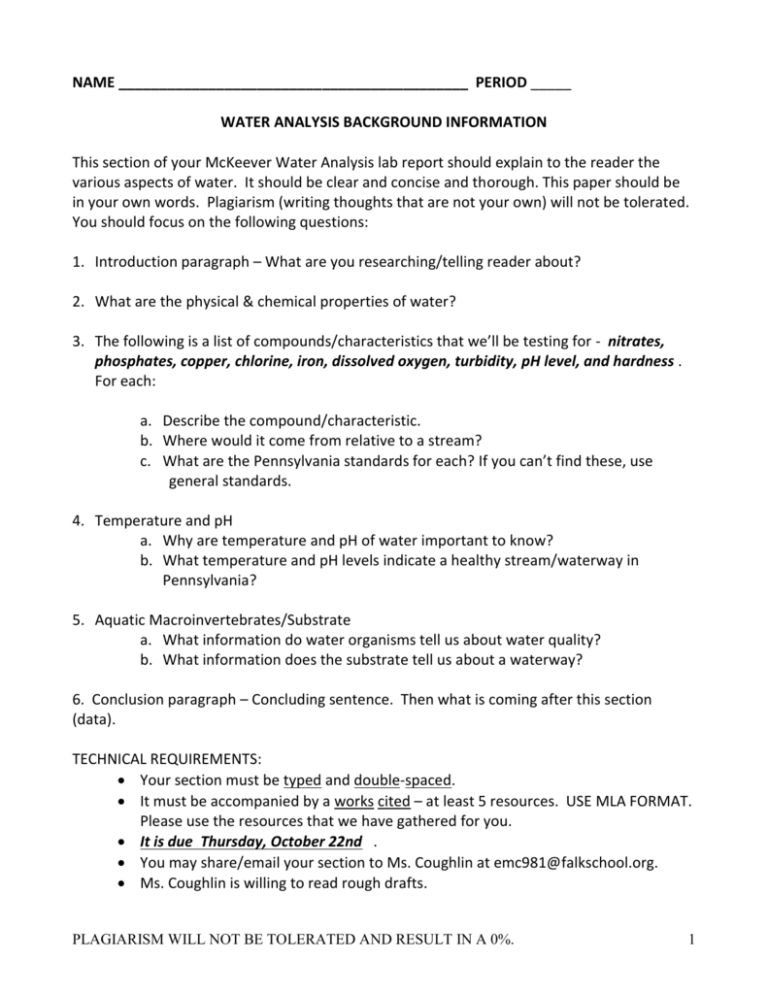
NAME ___________________________________________ PERIOD _____ WATER ANALYSIS BACKGROUND INFORMATION This section of your McKeever Water Analysis lab report should explain to the reader the various aspects of water. It should be clear and concise and thorough. This paper should be in your own words. Plagiarism (writing thoughts that are not your own) will not be tolerated. You should focus on the following questions: 1. Introduction paragraph – What are you researching/telling reader about? 2. What are the physical & chemical properties of water? 3. The following is a list of compounds/characteristics that we’ll be testing for - nitrates, phosphates, copper, chlorine, iron, dissolved oxygen, turbidity, pH level, and hardness . For each: a. Describe the compound/characteristic. b. Where would it come from relative to a stream? c. What are the Pennsylvania standards for each? If you can’t find these, use general standards. 4. Temperature and pH a. Why are temperature and pH of water important to know? b. What temperature and pH levels indicate a healthy stream/waterway in Pennsylvania? 5. Aquatic Macroinvertebrates/Substrate a. What information do water organisms tell us about water quality? b. What information does the substrate tell us about a waterway? 6. Conclusion paragraph – Concluding sentence. Then what is coming after this section (data). TECHNICAL REQUIREMENTS: Your section must be typed and double-spaced. It must be accompanied by a works cited – at least 5 resources. USE MLA FORMAT. Please use the resources that we have gathered for you. It is due Thursday, October 22nd . You may share/email your section to Ms. Coughlin at emc981@falkschool.org. Ms. Coughlin is willing to read rough drafts. PLAGIARISM WILL NOT BE TOLERATED AND RESULT IN A 0%. 1 Check your spelling and grammar. Even though this is a science assignment, you are expected to communicate your thoughts clearly and in an organized fashion. Pictures and diagrams are always a good addition to a paper. But they must be cited if you’re using someone else’s material. General reference books: "Water." The World Book Encyclopedia. R 031 WOR "Water." The Encyclopedia Americana. R 031 ENC "Water." Compton's Encyclopedia & Fact-Index. R 031 COM "Water." Academic American Encyclopedia. R 031 ACA "Water." The New Book of Knowledge. R 031 NEW "Water." The New Encyclopaedia Britannica. R 031 NEW Specialized reference books: "Water." Growing Up With Science: The Illustrated Encyclopedia of Invention. R 503 GRO "Water Cycle." Growing Up With Science: The Illustrated Encyclopedia of Invention. R 503 GRO "Water." New Encyclopedia of Science. R 503 NEW "Water." The New Book of Popular Science. 3: 86-92. R 503 NEW 1996 v.3 "Water." UXL Encyclopedia of Science. R 503 UXL "Water." Gale Encyclopedia of Science. R 503 GAL "Water Conservation." Gale Encyclopedia of Science. R 503 GAL The Grolier Library of Environmental Concepts and Issues: Water: A Finite Resource, volume 3. R 333.7 GRO v.3 UXL Complete Life Science Resource. R 570 UXL v. 3 Exploring Life Science. R 570 EXP v.10 Websites: USGS: US Geological Survey, USGS The Learning Web . Search "water" using the search feature on this site OR click under Explorers, Research Tools, then click Water Environmental Projection Agency, http://water.epa.gov/learn/kids/. Water is essential for life on earth. Here you can learn how water is polluted, treated, and protected. Franklin Institute Online, Water in the City - Brief information with links to a variety of sites: educational, government agency, commercial. Consider the source of each linked page. The Groundwater Foundation, http://www.groundwater.org/ PLAGIARISM WILL NOT BE TOLERATED AND RESULT IN A 0%. 2 Creek Connections at Allegheny College: http://creekconnections.allegheny.edu/resources-modules/teacher-resource-center www.creekconnections.allegheny.edu/classroom-resources/water-chemistryparameters-factsheets Carnegie Museum’s Macroinvertebrate Info Site Wikipedia is not a good scientific and/or primary source. But an article’s references should be checked. PLAGIARISM WILL NOT BE TOLERATED AND RESULT IN A 0%. 3
